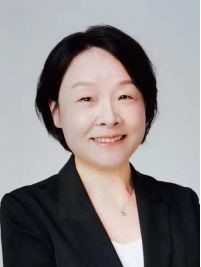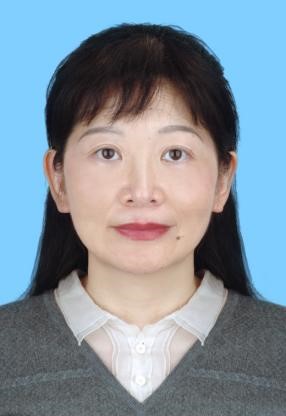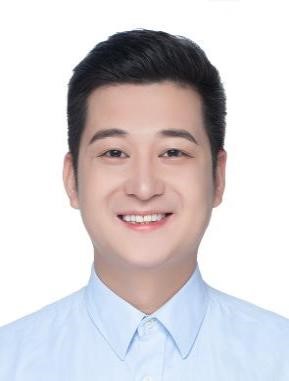Special Session 3
Survivability Enhancement Strategies for Power Systems under Extreme Events
The security and stability of a modern power system is of great importance for social and economic development and security of a country. However, in addition to conventional power system failures and risks, the secure and stable operation of the power system is also confronted with severe challenges from extreme weather events such as typhoons, freezing rain, and unconventional extreme events such as deliberate human strikes, electromagnetic attacks and cyber attacks. These extreme events have features of small probability and high destructiveness, which can pose great threat to the survivability of the power system. The typhoon "Capricorn" and Russia-Ukraine conflict show that, faced with such extreme scenarios, the security and stability of the power system is rather fragile, and the existing methods could not well cope with. However, it is very demanding to deal with the impacts of aforementioned extreme events on the power system, especially for unconventional extreme events. Therefore, it is urgent to develop new theories and methods to cope with extreme events impacts on the power system, in order to promote the extreme survival capability of the power system under extreme events. To this end, this special session focuses on the topic of the survivability enhancement strategies for power systems under extreme events. Suggested topics include, but are not limited to:1. Extreme event scenarios construction technologies for power systems
2. Evaluation methods for survival capability of power systems under extreme events
3. Modeling technology for damage evolution of power systems under extreme events
4. Emergency operation and control technologies for power systems in response to extreme events
5. Rapid recovery and repair technologies for power systems after extreme events
Chairs:

Prof. Donglian Qi, Zhejiang University, China
Donglian Qi is currently a Qiushi Distinguished Professor at the College of Electrical Engineering, Zhejiang University, Hangzhou, China. From 2008 to 2010, she was a Visiting Scholar with the College of Electrical Engineering, University of Central Florida. Her research interests include cyber-physical security of power system, power system distributed perception, power system multi-agent cluster control, artificial intelligence applications in electrical equipment operation and maintenance. She is also an Editorial Board member for Clean Energy, Journal of Robotics, Networking and Artificial Life, Energy Conversion and Economics (IET), and expert group member of the National Key R&D Project "Renewable Energy and Hydrogen Energy Technology". She has published more than 200 SCI/EI indexed papers, participated in the drafting of an IEEE international standard, and obtained 50 invention patents and 28 software copyrights. In addition, she has chaired a total of 13 national-level projects, including those funded by the National Natural Science Foundation of China and the National Key Research and Development Plan. She has received 8 provincial and ministerial-level science and technology awards, including the first and second prizes of Science and Technology Progress of Zhejiang Province.

Vice-chief Engineer Li Li, The China Southern Power Grid, China
Li Li is currently the vice-chief engineer of the China Southern Power Grid. Her research interests include electromagnetic environmental emissions from power equipment, advanced methods for environmental protection in power system, the carbon emission reduction of the power equipment etc. As the main contributor, she has won twice the China Patent Excellence Award and nine times the Ministerial and Provincial-Level Science and Technology Awards, otherwise she has published four books, twenty-four technical invention patents and over sixty papers. She is also an active member in CIGRE working group B2.69, a committee member in China Occupational Safety and Health Association Noise and Vibration Control Committee, Power Industry Environmental Protection Standard Committee and Power Grid Electromagnetic and Noise Control Standard Committee.

Assoc. Prof. Yulin Chen, Hainan Institute of Zhejiang University, Sanya, China
Yulin Chen is an Associate Research Fellow with Hainan Institute of Zhejiang University, Sanya, China. Previously, he received the B.S. in Mathematics and Applied Mathematics and the M.S. degree in Electrical Engineering from Northeast Electric Power University, Jilin, China, in 2014 and 2017, respectively, and PhD degree in Electrical Engineering from Zhejiang University, Hangzhou, China, in 2021. He has authored or co-authored about 40 journal papers, and 10 issued patents. He is now serving as the Representative of CIGRE WG D2.56. Besides, He is the Young Editorial Board Member and Guest Editor of high-level journals, including Power System Protection and Control, Distribution & Utilization, Power Generation Technology, Integrated Intelligent Energy, etc. He got the Best Paper Award of IEEE EI2 2023 and Best Paper Award of SPIES 2022. His research interests include distributed control of renewable energy, cyber-physical security with application in smart grid and survivability improvement methods for power system under extreme scenarios.
